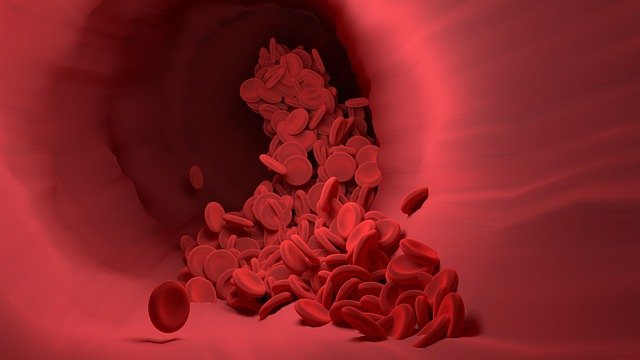In a broader aspect, leukemia is cancer that develops in blood cells. Leukemia can be classified depending upon the type of blood cells affected by cancer and the rate of speed of progression of the condition. Older adults more than 55 years of age can usually be affected with leukemia. However, children below 15 years of age can also affect by leukemia.

Many factors influence the treatment option for leukemia. The doctor decides the treatment plan depending upon the age, overall health condition of the patient, type of leukemia, and evidence of spreading of the conditions in other body parts including the central nervous system.
Following are the common treatment options available against leukemia:
Chemotherapy:
Chemotherapeutic drugs can kill leukemia cells and most commonly used treatment option for such type of cancer. The doctor will decide on monotherapy or in combination therapy suitable for the patient depending upon the type of leukemia the patient has. Chemotherapeutic drugs can be given through an oral route in the form of pills, or else injected directly into the vein.
Targeted therapy:
Targeted therapy emphasizes specific abnormalities present within cancer cells. Targeted therapy kills the cancerous growth by blocking the associated abnormalities. The doctor first tests leukemia before prescribing them targeted therapy. The medical tests help the doctor to understand whether targeted therapy is effective for them or not.
Radiation therapy:
High energy beams including X-rays are given in the radiation therapy to damage leukemia cells to stop their growth. During radiation therapy, the patient lies down on a table. A large machine is moved around the patient to precisely direct the radiation in different body parts.
The patient may receive radiation in a specific part of the body where the leukemia cells are accumulated. Otherwise, the patient may receive radiation to the whole body in case of leukemia spread all over the body parts.
Radiation can also prescribe for patients before bone marrow transplantation.
Bone marrow transplantation:
Bone marrow transplantation is also known as a stem cell transplant. It is an established treatment procedure for leukemia treatment. Bone marrow transplantation helps to regain healthy stem cells by interchanging morbid bone marrow with leukemia-free stem cells. Thus, this treatment can restore healthy bone marrow.
Usually, doctors prescribe chemotherapy or radiation therapy before start the bone marrow transplantation for destroying leukemia-producing bone marrow. Then, the infusion of blood-forming stem cells will help to regenerate bone marrow.
Donor bone marrow or self-stem cells of the patient can be used in the bone marrow transplantation process.
Immunotherapy:
Poor immune response against cancer progression due to cancer cell-producing proteins hides the immune system. Immunotherapy activates the immune system of the patient to fight against cancer by interfering with that process.
Engineering immune cells to fight leukemia:
Chimeric antigen receptor (CAR)-T cell therapy is a specialized treatment that acts on the body’s germ-fighting T cells and engineers them to fight cancer. CAR-T cell infuses into the patient’s body to rebuild the activities of the immune cells. CAR-T cell therapy can be used as an option for treating certain types of leukemia.
Clinical trials:
Clinical trials are the research studies that establish the safety and efficacy of novel cancer treatments or new ways of using existing treatments. Leukemia patients who pass the eligibility criteria of a clinical trial can participate in such trials to get a chance to try the latest cancer treatment and continuous clinical monitoring. But the treatment benefits and risks may be uncertain. Patients should discuss with their doctors the benefits and risks of clinical trials before participating in such studies.
References
https://www.cancer.gov/types/leukemia
https://www.mayoclinic.org/diseases-conditions/leukemia/diagnosis-treatment/drc-20374378
